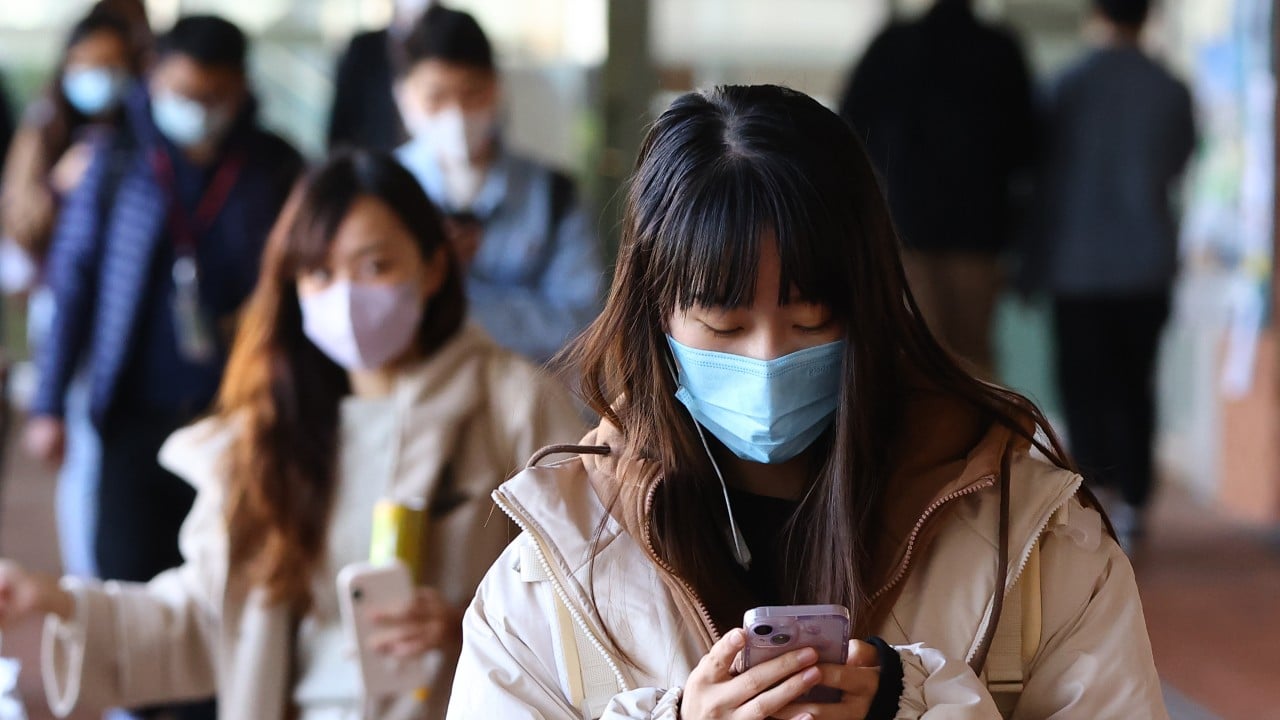Writer Ernest Hemingway is believed to have said that the first draft of anything is bad. The first step to writing is often being brave enough to write badly. But in today’s world of generative artificial intelligence (AI), the manuscript often writes itself without fear or reluctance.
Advertisement
With the advent of generative AI tools, such as ChatGPT and DeepSeek, academia stands at a historic crossroads. The way we read, write and think is changing in major ways, from junior to graduate school and beyond. The debate is not about whether AI should be employed at school, but how to ensure that its usage is moral and helpful.
Generative AI can produce essays, exam answers and research abstracts and paper reviews with astonishing fluency and skill. A few prompts are all it takes. This has triggered widespread concern about plagiarism, diminished originality and the erosion of critical thinking.
Many teachers and educators are concerned that students are relying on AI, submitting work they didn’t complete and “learning” things they didn’t truly grasp. Rather than just speeding things up, AI is changing how we learn. It challenges us to rethink the purpose of education. However, acting out of fear doesn’t allow us to see whole picture.
Schools and universities around the world are reacting to AI in different ways. Some places are completely banning generative AI, while others are letting it be used with supervision. But outright bans are not a good long-term solution.
Advertisement
Students today are digital natives. Many already use AI tools to draft assignments and essays, brainstorm research topics, translate texts from foreign languages or summarise academic articles.

